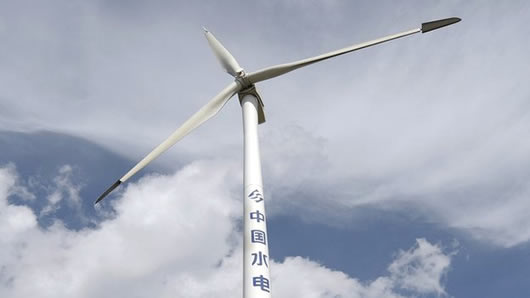 Developing countries, particularly African leaders, have been urged to take climate change issues seriously because their countries are most vulnerable to the impact of the phenomenon.
Developing countries, particularly African leaders, have been urged to take climate change issues seriously because their countries are most vulnerable to the impact of the phenomenon.
Mr HinrichTholken, Head of Division on Climate and Environmental Foreign Policy, Sustainable Economy of the German Federal Foreign Office in Berlin, said climate change was a global issue that needed collective political will of leaders in all countries to be adequately addressed.
Speaking at the opening of a 10-day international media training on climate change in Berlin, Mr Tholken said changes in climate patterns had the potential to destabilize world economies, particularly, emerging ones.
He said climate change could also cause security and economic instability, and migration in fragile states, as well as affect agricultural production, therefore, world leaders ought to come together to tackle the issues and find measures.
Twenty journalists from Ghana, Korea, Brazil, Jamaica, Indonesia, Russia, Philippines, Botswana, Egypt, Kenya, Namibia, Zambia and South Africa are attending the training, to build their capacities and skills to better report on climate change.
The Ecologic Institute in Berlin and the German Foreign Office, are organizing the 10-day training for the journalists.
Mr Tholken said: “Journalists have an important role to play in the climate change issues, a lot of learning has to be done…global warming is real. You need to give the facts out. The media has a unique ability to explain the effects and impacts of climate change on economies.”
He said the COP 21 conference, to be held in Paris in December this year, would pose the question to leaders especially, those from developed countries who emit more emissions on how to manage challenges of climate change.
Professor Stefan Rahmastorf of the Potsdam Institute for Climate Impact Research in Berlin, said studies had proved that global warming was continuing and increasing, and had never stopped, with the ocean warming the land, while the tropical regions would be more vulnerable to the impacts of the changes.
He said incidents like more flooding in many places such as Pakistan, and parts of Germany, as well as the drought in Syria, were all indications of climate changes.
He explained further that Carbon dioxide also continued to increase in the ocean making it acidic and endangering aquatic life, while the jet stream continued to be weird.
Prof Rahmstorf, therefore, urged all countries to come together to find solutions, saying that “climate change is caused by us, so we can stop it.”
Source: GNA























